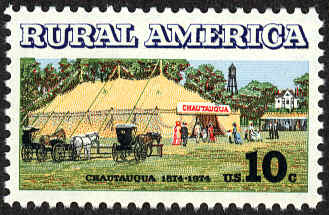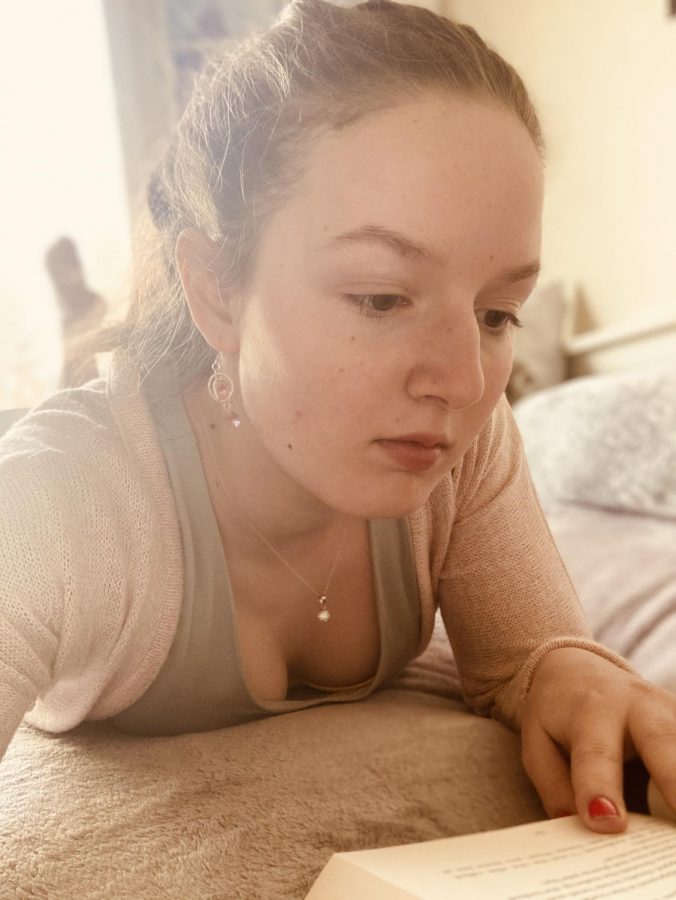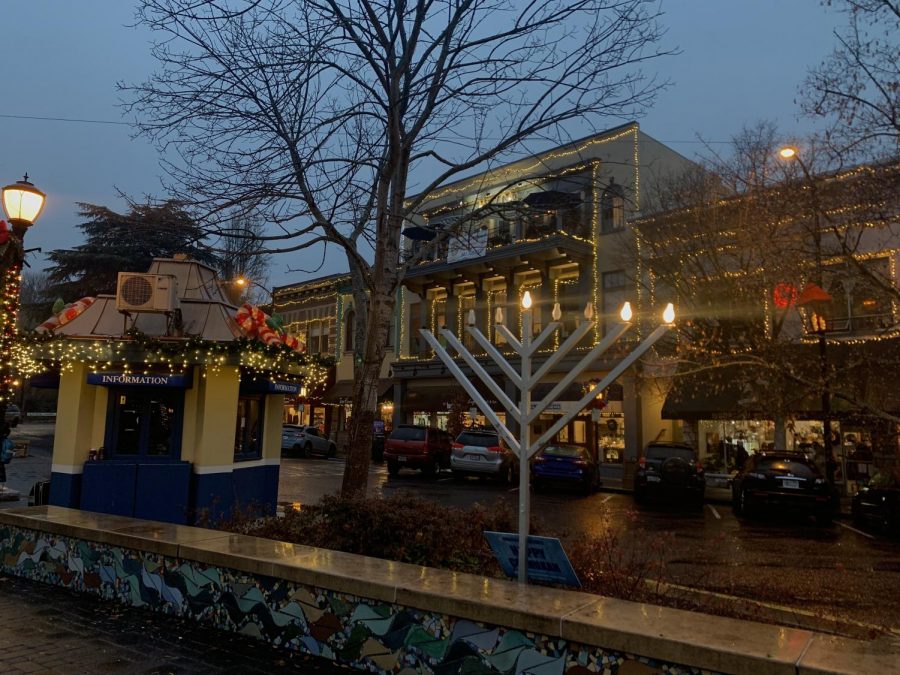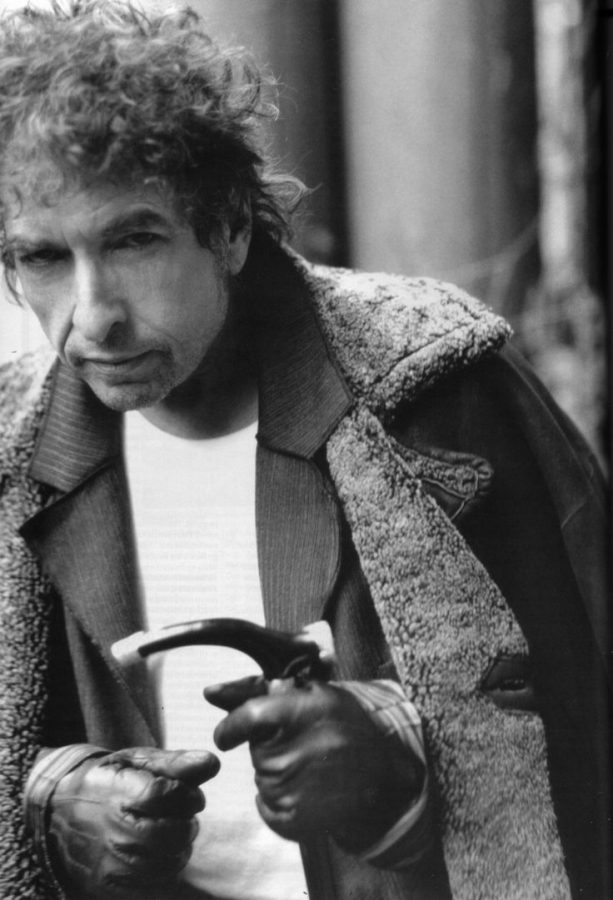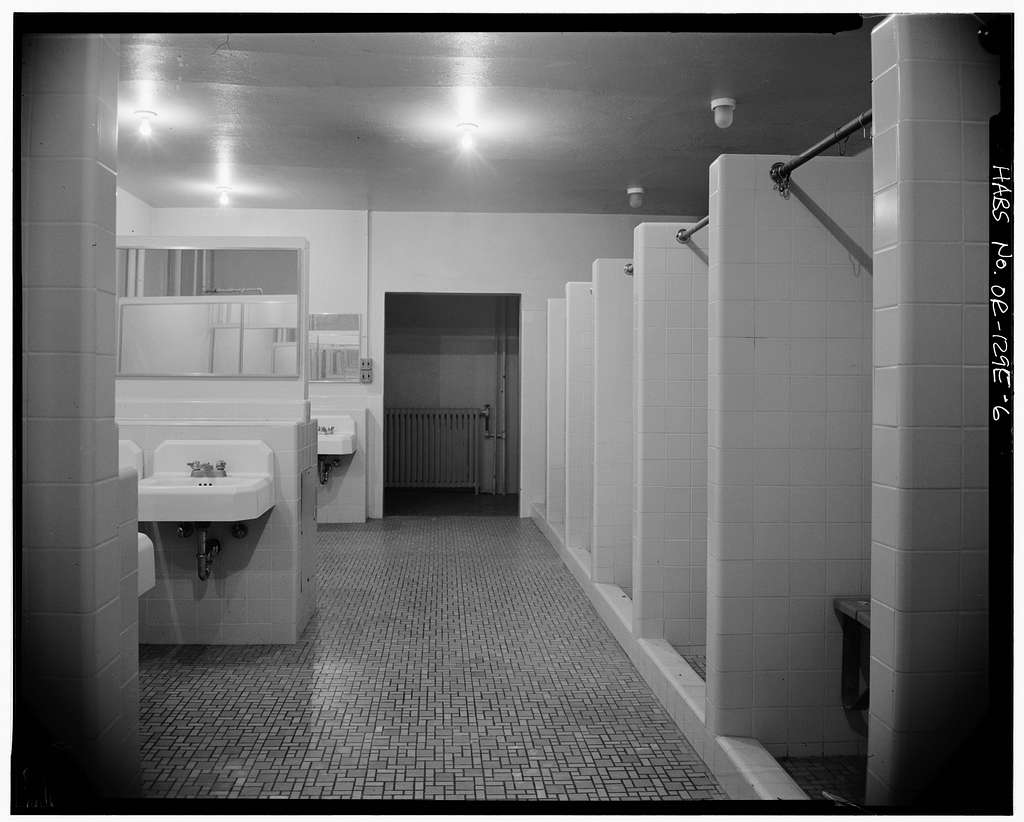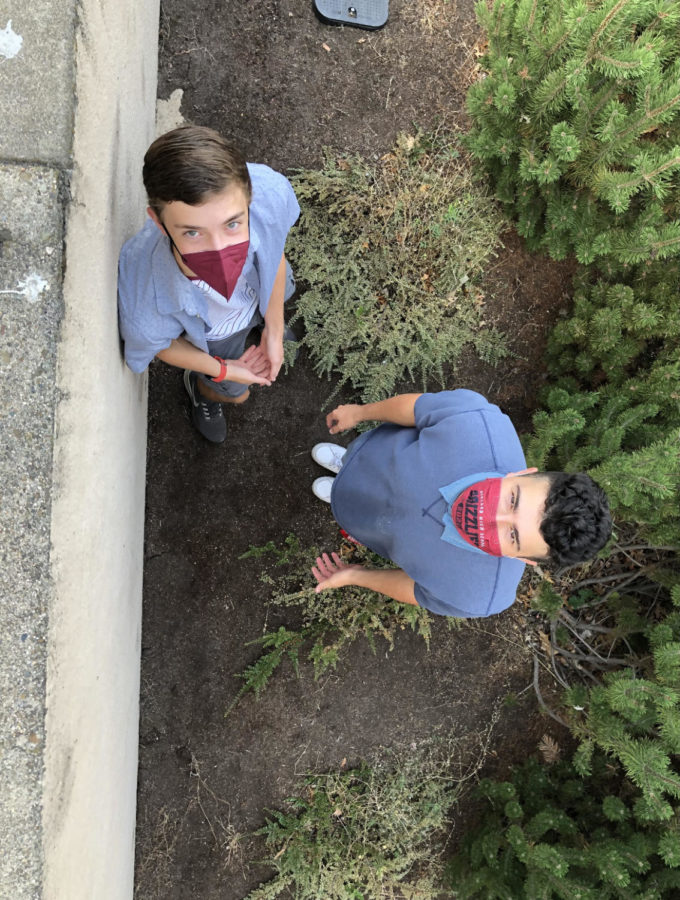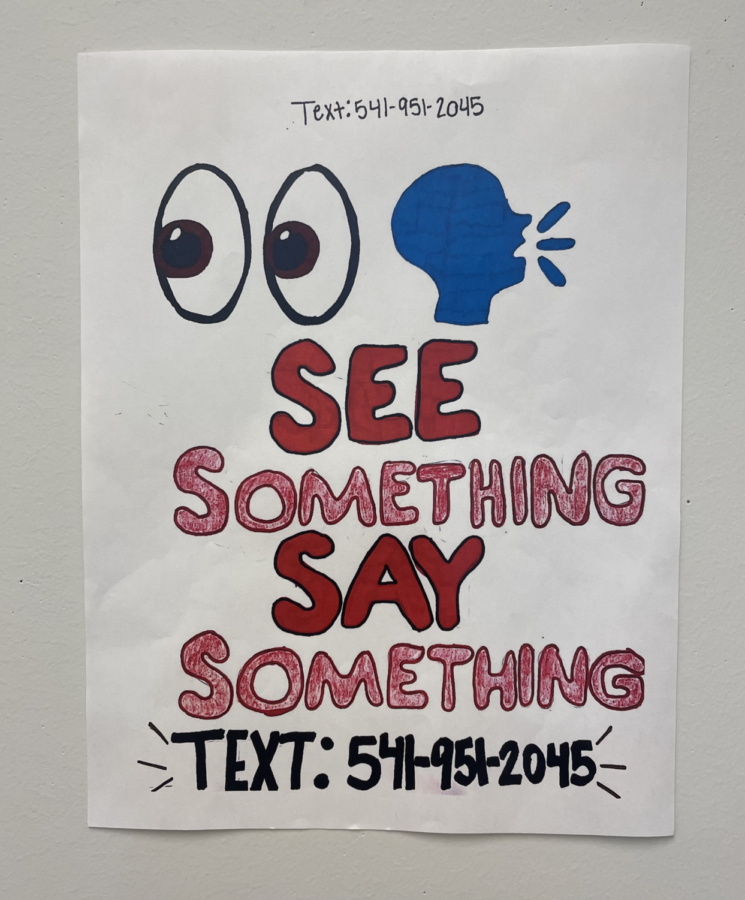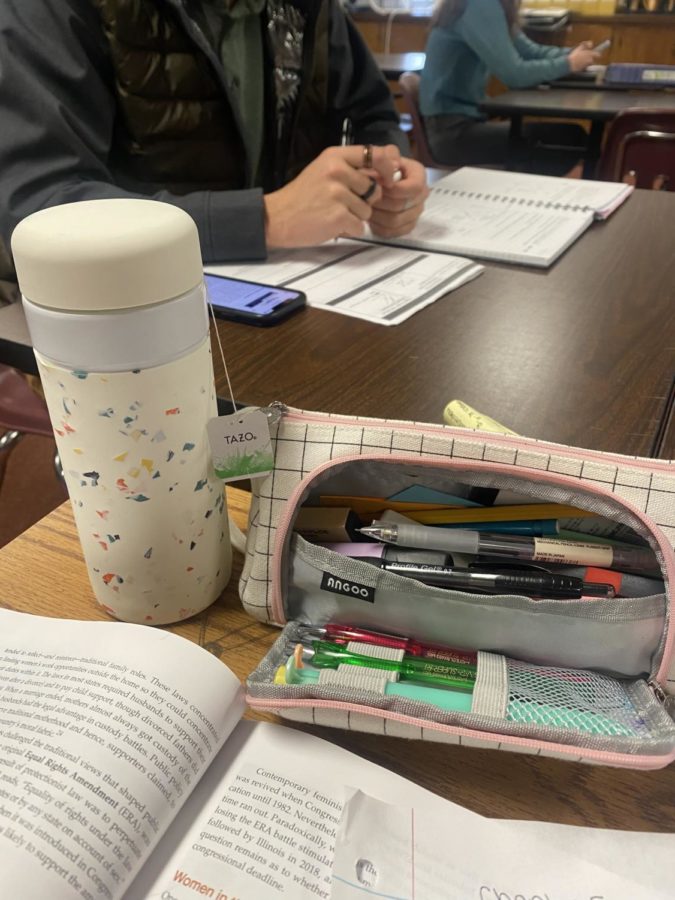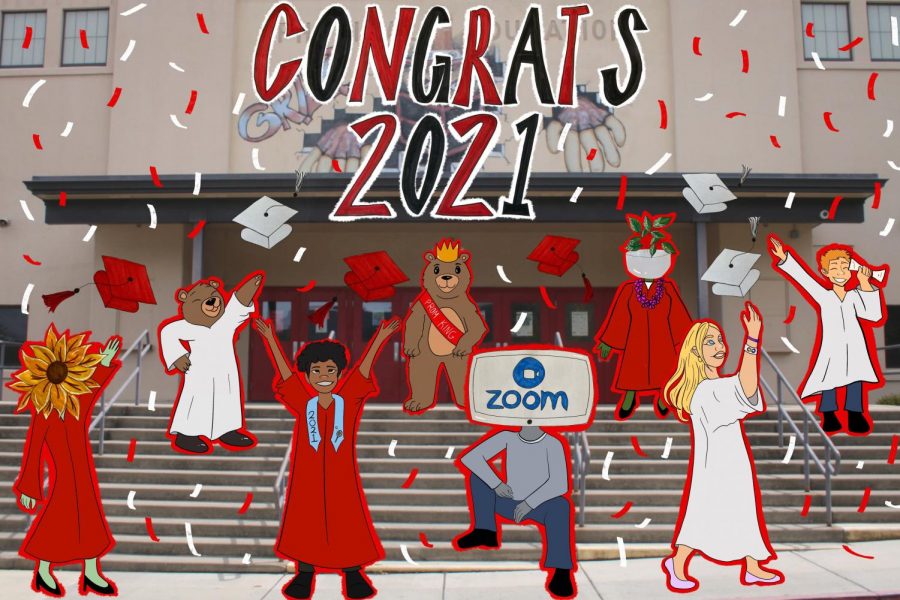
What did Ashland inhabitants do before movies, the internet or the Shakespeare festival dropped anchor? How did the early inhabitants of our town spend their Friday nights and weekends? One major source of entertainment was in the intellectual fulfillment of the local Chautauqua group.
The Ashland Chautauqua organization emerged as an offshoot of the original New York group. The name comes from the location of the first meeting, Lake Chautauqua, where Methodist minister John Heyl Vincent organized an event to train Sunday School teachers. By 1885, the idea had spread throughout the country, and in 1893 Ashland had its first Assembly of the far less religious program which existed at that time.
Throughout the next several decades, the ten day events, which prioritized self-improvement and education, thrived. Residents from the area flocked to the beehive-shaped Chautauqua building to hear speakers from orator William Jennings Bryan (who visited in 1897) to the common attorney present their views on the issues which captivated the region at the time, promote moral lives or simply play America’s Pastime. As the Chautauqua events grew, the attendance grew to the point where the thousand the building sat was insufficient, and some speakers had to move outside.
Just when it appeared that the event had become a permanent part of our town, societal changes began to bring it to an end. In the early 1920s, the widespread introduction of the radio and movie houses sucked the interests of residents away. Thus, by the end of the decade the movement had come to an end.
However, the academic effect that the Chautauqua groups had could not be erased without a trace. As a result, in 1935, the Oregon Shakespeare Festival, an annual event at the time, came storming into town. Reminiscent of the tremendous influence the performances of the decades before had on it’s development, the first several festivals occurred at the old Chautauqua building. Thus, although it may have a different name today, our free time is occupied by much of the same as it was for the original inhabitants of our valley.

